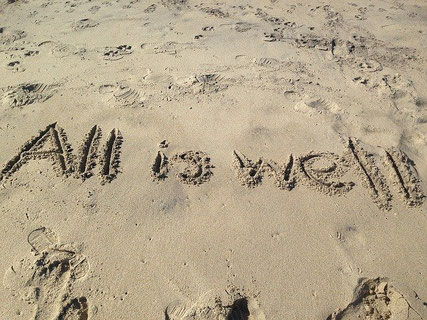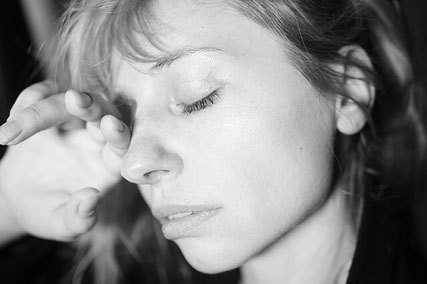
Do you frequently try to manage your worries by seeking reassurance? It's human to want a little reassurance when times are tough, but excessive reassurance-seeking doesn't help you manage anxiety – it perpetuates and worsens it.
In their recent book Needing to Know for Sure, CBT therapists Dr Martin Seif and Dr Sally Winston outline the difference between productive and unproductive reassurance. Productive reassurance is instructive and helpful; it might involve researching something on the internet or asking the opinions of knowledgeable people who might be able to help you. By gathering important information, you learn how best to manage a situation and this eases your concerns. Note that productive reassurance isn't about feeling sure or getting a guarantee. A medical doctor or a reputable financial advisor will rarely tell you that XYZ will definitely happen if you do ABC; rather, they will explain what the evidence indicates and try and help you make the best guess as to how to proceed.
Unproductive reassurance is different. One such example is what I call impossible or meaningless reassurance. Genuine requests for informational reassurance are reasonable and answerable; for example, "So you're saying CBT can help me to better manage my anxiety?". Contrast this with "My anxiety last year was terrible. I'll never get that anxious again, will I?" This is impossible reassurance; it is an attempt to gain certainty, to get a guarantee, to answer an unanswerable question. Often, you might find the people you are asking for reassurance have no more expert knowledge than you do – for example, saying to your partner, "This mole doesn't mean I have cancer, does it?". Similarly, does it make sense to ask someone to tell you the plane won't crash, or that you definitely won't be fired from your job, or that your daughter will soon arrive home safe and sound? Do they really know any more than you do in these instances?
Other forms of unproductive reassurance, note Seif and Winston, include hidden reassurance and checking reassurance. People with obsessive-compulsive disorder (OCD) are prone to repetitive checking – for example, driving home to check you turned off the cooker. The same is true of health anxiety, where someone might keep checking their pulse or check their body for signs of illness. Worriers, too, reassure themselves through checking – for example, constantly checking your phone in case you missed an important message, or rereading texts and emails before sending them.
'ASKING WITHOUT ASKING'

Hidden reassurance is more subtle. If you experience turbulence during a flight, you might look at the flight attendant to see if they look relaxed. If you are addressing work colleagues, you might look to see if they are nodding as you talk. Often, hidden reassurance involves what Seif and Winston call 'asking without asking', where you state something without explicitly asking for reassurance – for example, "I didn't offend him" (Did I?), "This will work" (Will it?), or "Love you" (Do you love me too?).
Reassurance-seeking is problematic for many reasons. Firstly, repeatedly asking others for reassurance can lead to frustration and relationship tensions.
Secondly, it validates your fears and makes them seem more credible. Nobody says, "please tell me I won't be abducted by aliens tomorrow", because they know that won't happen. Chronic worriers do, however, ask for reassurance about things that have very little chance of happening; the very act of reassurance-seeking makes such worries more reasonable than they often are.
Thirdly, it undermines faith in your coping abilities. Anxiety disorders are characterised not only by overestimation of risk but by underestimation of your ability to cope. Reassurance-seeking reinforces the idea you can't cope with discomfort and uncertainty, thus hurting your self-belief and maintaining the cycle of hypervigilance and anxiety.
If this article describes you, consider keeping a record of every time you seek reassurance over a week and you will likely become aware of three things – one, how often you look for reassurance; two, that you repeatedly ask the same question in different ways; and three, that you often seek impossible, meaningless reassurance.
If so, try to cut back on your reassurance-seeking and recognise it for what it is – an ineffective habit that only fosters insecurity and anxiety.
(First published in Southern Star, 18/06/2020)